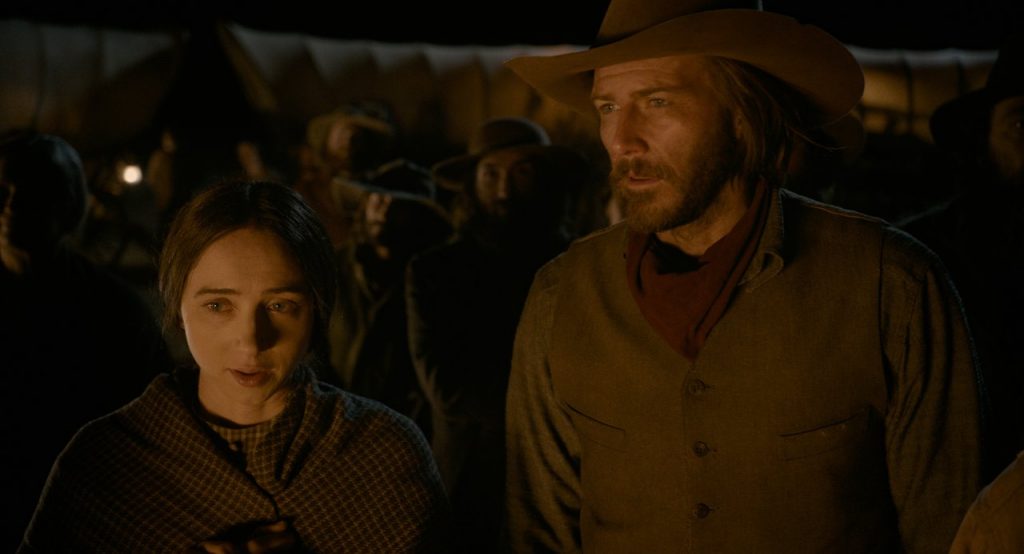I’ve been doing a lot of writing about what’s wrong with popular culture lately and I could go on writing what’s wrong with popular culture, but for a change of pace — call it a New Year’s resolution — I’m going to try harder to look for good.
I think I may have found it in a most unlikely place: Netflix. Before we go any further, I could write until the sun goes out about stuff on Netflix that isn’t so good, but a few days ago I streamed the Coen brothers’ “The Ballad of Buster Scruggs” movie and found a gem.
The Coen brothers are talented guys who have produced some of the most interesting and morally confounding art for decades. Even their work that is most problematic for me — as a person who believes there is a God and that same God sent his son for our redemption — still possess compelling stories and characterizations. But in their latest offering, a kind of paean to Hollywood versions of western motifs, I think the Coen brothers have created something very special.
It is not a standard three-act motion picture but rather a collection of vignettes. The vignettes are hit and miss. The bizarre opening with a dime store rhinestone-riddled singing cowboy, who also happens to be a ruthless and conscious-free killer, is pure Coen brothers’ Dadaism, and some of the other stories seem to be strange for the sake of strangeness — another Coen brothers’ trait.
But then there is the wagon train story. I will tread carefully so as not to spoil the viewing pleasure of anyone who may want to watch. It is a love story inserted into a tired Hollywood western backdrop of a wagon train making its way West. But it is done without a whiff of modernism or irony — a case may be made that modernism does rear its head but to engage too much on that theme may ruin the ending.
There is a young woman who finds herself alone on this wagon train after the death of her brother. She has been vaguely promised in marriage to a man at the end of the wagon train destination, but due to her brother’s untimely demise, her plans begin to change.
This is not some kind of proto feminist take on the Old West, where the heroine begins to act like she just walked out of a UC Berkeley feminist empowerment seminar. Not that there’s anything wrong with UC Berkeley feminist empowerment seminars, it’s just that it wouldn’t fit the characters here.
In fact, no one in this film breaks character of how men and women in the 19th century probably acted or sounded. They are so authentic that our modern sensibilities might be taken aback when the lonesome assistant wagon master offers to solve the young woman’s dog problem. We might see it as an act of cruelty, but it is presented as nothing of the kind, which is how people then would have obviously viewed it.
It’s also a 19th, not 21st, century love story about a lonely young man, tired of a nomadic life, ciphering the practicality of settling down on a plot of land and having a wife to be a help mate. Not the stuff of your basic cable romantic comedy, but it feels more real than any of those contrived scenarios. Both characters are on equal footing and both have a decision to make but it is also clear there are deeper feelings afoot which makes this a lyrical and time-transporting experience.
And, also unlike so many Coen brothers’ movies, this wagon train seems to hold positive attitudes about sacrifice, manhood, womanhood, and a host of other things that seem to be so muddled in our day and age.
That is not to say it is harking back to a better time. I don’t think any of us would want to trade our existence today for the life of pioneers and nomadic cowboys. Not convinced the Coen brothers’ intent was a treatise on the complimentary natures of male and female in a Catholic context, but that’s basically what they accomplished.
This woman and this man meet by happenstance, form a bond through unplanned circumstances and mutual respect and yes, even seem to experience the first pangs of true love. And that’s about as real as it gets.

